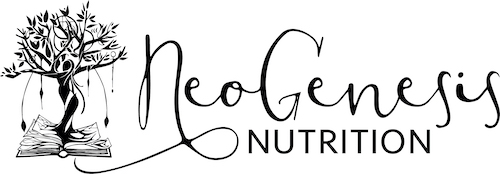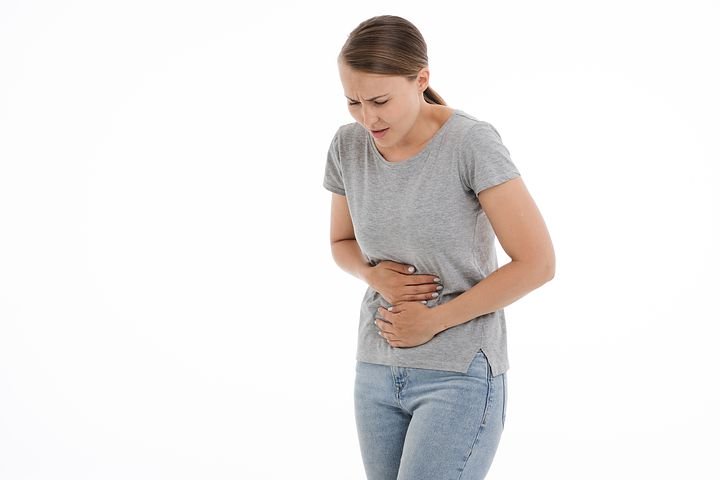If you have never heard of the concept of gut dysbiosis, hold on to your britches, Bessy (as my great grandmother would have said). There is a whole world of study occurring on the gut microbiome (bacteria). Researchers are looking high and low trying to figure out just what roles our gut bacteria play in our overall health.
This is a good thing!
Our gut health is integral to overall wellbeing. About 80% of the immune system is located in the intestinal tract as well as our ability to maintain sugar processing and hormonal balance.
Researchers have isolated three main categories of bacteria:
- Opportunistic (“bad”)
- Commensal (“neutral”)
- Beneficial (“good”)
Each of the categories of bacteria are broken down even further into multiple strains. Dysbiosis is the fancy term for when the bacteria levels within each category, especially the opportunistic, become imbalanced.
But What Do The Bacteria Have to do With PCOS?
A recent study conducted at Gazi University in Turkey concluded that those with PCOS often also had gut dysbiosis (1). PCOS is often characterized not only by hormonal imbalances that contribute to things like infertility, irregular or missing periods, excess testosterone (and estrogen), etc., but it is also classified as a metabolic disorder as many of the women also experience blood sugar dysregulation, obesity, and high cholesterol. PCOS is a syndrome, which means that there are many layers of imbalances and the gut health is one of them.
I ask my clients if they have any sort of digestive issues such as gas and bloating, constipation, and/or diarrhea. Knowing how often this occurs and if they have been able to connect it to any foods in particular. Many times, they are able to connect the digestive imbalances to a meal that was either high in carbohydrates or high in fats, but more so the former.

Carbohydrates (sugars) feed the opportunistic bacteria and provide the necessary fuel for them to take over the microbiome. Certain changes in the microbiome can increase the risk of weight gain and/or create an inability to lose weight for those who are already overweight.
But the ladder of imbalance doesn’t just stop there! Blood sugar regulation/insulin sensitivity is connected to sex hormone regulation via excess androgen production. This is where we see the symptoms of having excess androgen in the body such as male-pattern balding, facial hair production, and central adiposity.

Our Standard American Diet (SAD) is low in fiber and high in poor quality fats. This contributes to the development of PCOS and triggering the immune system. (Remember this largely lives in the intestinal tract.) This immune system activation then interferes with insulin sensitivity, leading to an increased likelihood of metabolic syndrome and, if left unchecked, diabetes.
How do I Check to See if my Gut Bacteria are out of Balance?
One of the tests that I recommend to my PCOS clientele is called the GI-Map. This test looks at the levels of each of the categories of bacteria and reveals which ones are out of balance. From there, we work together through dietary and lifestyle changes to bring the deviated levels back into balance.
This is part of a 4-part process that looks at the woman as a whole person and treats each of the systems instead of masking symptoms.
It is truly possible to see a reversal of your symptoms.
1. Yurtdaş, G., & Akdevelioğlu, Y. (2020). A new approach to polycystic ovary syndrome: the gut microbiota. Journal of the American College of Nutrition, 39(4), 371-382.


